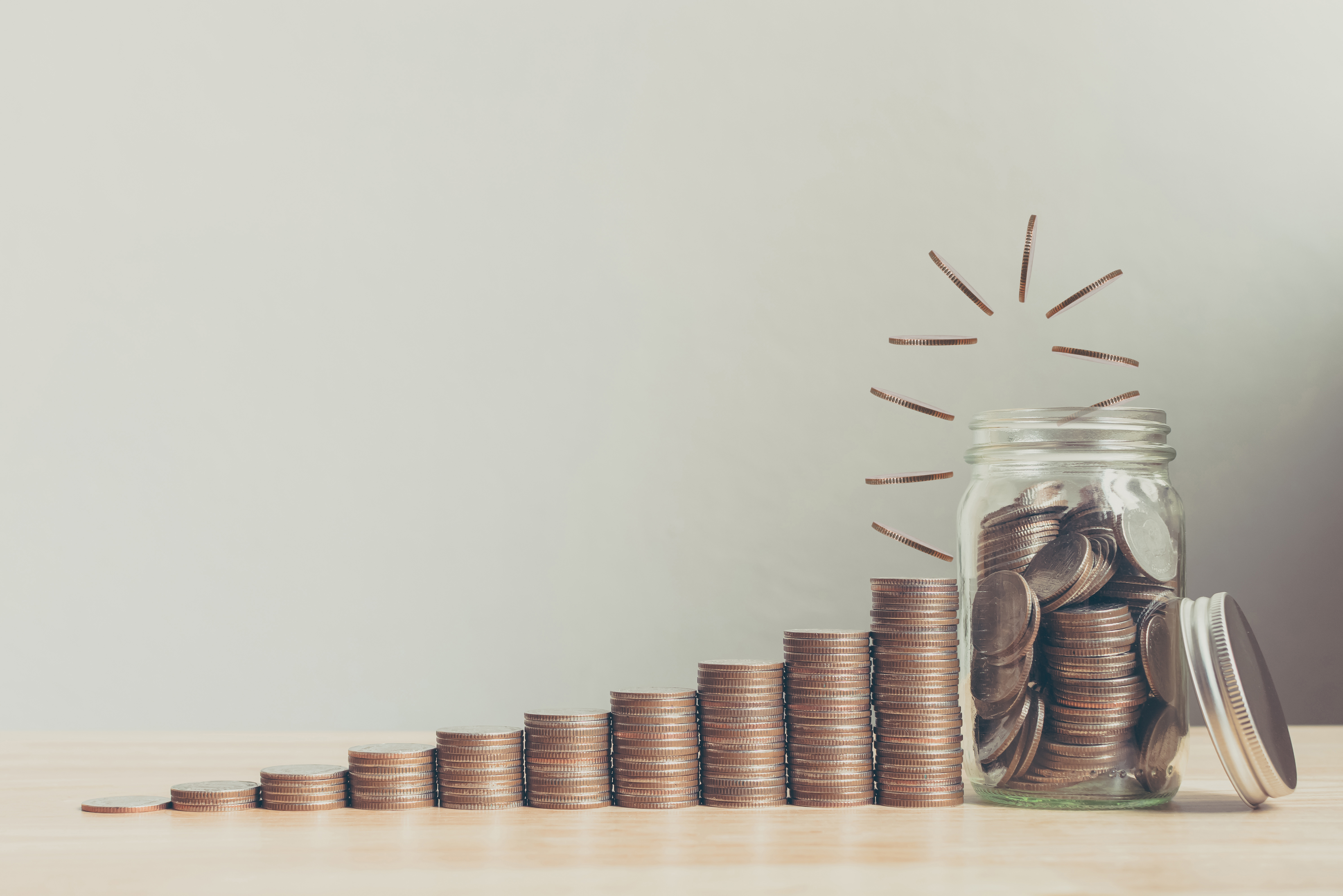What are Dividends?
A dividend is the payment of company profits to its shareholders. When a company generates profits, it can either reinvest those profits into the business or pay them to shareholders as dividends. You can, therefore, only declare a dividend if your company is profitable. Where a dividend is paid out of a non-profitable company it will be an ‘unlawful dividend’. There are detailed statutory rules on the distribution of dividends in the Companies Act 2006, sections 829-853.
The payment of dividends is common practice in companies that are financially stable. Smaller and faster-growing businesses are less likely to declare dividends as they will need to retain their profits in order to further expand. A company may also choose to pay dividends to attract investors as dividend payments reassure shareholders that the company they have invested in is profitable and will generate income for its shareholders.
Yasmine Hashemi joined us for two weeks for work experience. Miss Hashemi is in her 2nd year Liverpool University Law student and an aspiring solicitor. During her time here at WSP Solicitors, she discusses the key information points about dividends
How are they paid?
Dividends are either distributed regularly or on a one-off basis. One-off dividends are generally paid after the company completes a profitable financial year. There are two types of dividends – interim dividends and final dividends. Interim dividends can be paid at any time throughout the year, whenever the company has enough profits to distribute funds to shareholders. Final dividends are paid once a year and are calculated after the annual accounts have been drawn up.
A dividend value is determined on a per-share basis and must normally be paid equally to all shareholders according to their share capital. In order to issue a dividend, there must first be a declaration date. This is where the company first announces its intention to pay a dividend. There is then an ex-dividend date which requires shareholders to purchase shares before this date in order to be eligible for the upcoming dividend. The record date is where the company determines which shareholders are entitled to a dividend and which are not. Finally, the payment date is when the dividend is actually paid to the shareholders.
Different types of Dividends
There are several types of dividends with some more common than others. The most popular form of dividend is a cash dividend which is simply real money payouts from the company directly to the shareholders. The payment is usually made electronically but can also be paid by cash or cheque. There are also stock dividends which issue shareholders with new shares in the company. These are normally paid out pro-rata, based on the number of shares the shareholder already has. You can also have an assets dividend (or dividend in specie) which is not in the form of either cash or shares (for example, physical assets), however, this is less common.
Tax on Dividends
You can still earn income from dividends without paying tax, however, this only applies to income that falls within your personal allowance. You also get a dividend allowance each year and do not have to pay tax on dividend income below this allowance. The dividend allowance for the 2022/2023 tax year is £2,000 and if your income exceeds this you may have to inform HM Revenue and Customs.
If you have an enquiry or if you require legal assistance, you can contact us here or call on 01453 847200 and one of our specialists will get back to you.



